Why Commercial societies are the most important type of society that you have never heard of
Because they laid the foundations for modern material progress.
Make someone’s day: Gift a subscription to your friends and family!
So far in my Grand Tour of human history, I have explained the most important types of societies that humans have lived within. Compared to modern life, particularly in wealthy Western nations, they are a bit hard to imagine. We are so used to our lifestyle that it can be hard to imagine what life was like in fundamentally different societies.
Now we come to a society type that is eerily modern: Commercial societies.
Though Commercial societies go back many centuries, the daily lives of people were remarkably similar to our lives today. That gets down to a critical difference between how people in Commercial societies acquired their food compared to previous society types.
In all previous society types, human acquired their food via:
Producing their food with their own hands, or
(for a tiny elite) Forcibly extracting the food surplus from others (typically farmers)
Commercial societies, on the other hand, are a type of society that produces the majority of its calories from people selling a product or skill, so one can buy food from the marketplace. This is pretty much identical to how almost all of us do today. The only real difference between Commercial societies and the Industrial societies that we live in today is that today there is the widespread use of fossil fuels. These fossil fuels have fundamentally transformed our material standard of living.
Typically, Commercial societies imported food from their immediate rural hinterland; sometimes they imported food from distant shores. While they did not have modern grocery stores as we do today, buying food in the marketplace makes them very similar to us.
Famous examples of Commercial societies include the:
Medieval city/states of Northern Italy (Venice, Florence, Genoa, Milan, and many more)
Late Medieval city/states of Flanders (Ghent, Bruges, Ypres, and Antwerp in modern-day Belgium)
The Dutch Republic (1579-1795)
Pre-industrial England, particularly in the southeast (roughly 1500-1800)
Likely also many of the city/states of Ancient Greece
Because of the unique character of these types of food, Commercial societies were very different from other types of societies. Most importantly, Commercial societies invented human material progress.
See also my other articles on Society Types and related topics:
Why are there such huge variations in income across the globe?
Commercial societies (this article)
The following is an excerpt from my book From Poverty to Progress: Understanding Humanity’s Greatest Achievement. You can purchase discounted copies of my book at my website, or pay full prize at Amazon.
If you are interested in this topic, you should read my “From Poverty to Progress” book series:
Take a look at the above graphic, which I explain in greater detail here.
Commercial societies evolved out of Agrarian societies sometime after 1200 in the city/states of Northern Italy. Inhabitants of local Agrarian societies, learned the benefits of trade, urbanization, and inclusive institutions. This enabled regular everyday people within their societies to prosper far beyond the imaginations of previous generations.
Key technologies enabled Commercial societies to do the following:
Transport people and cargo across vast oceans (using galleys and triple-masted sailing ships)
Force elites to compete against each other peacefully (using inclusive institutions)
Trade goods across long distances (using currency, banks, and double-entry bookkeeping)
Invest money in business enterprises (using joint-stock companies, bond markets, and the stock exchange).
Why Europe?
One of the most controversial and important questions in the history profession is why Europe developed so much earlier and faster than other regions on the planet. While historians disagree over exactly when Europe became the dominant economic and military region, none disagree that by the late 19th Century Europe dominated the globe. And even within the European continent, the much smaller sub-region of Northwestern Europe was the clear leader.
How did such a tiny portion of humanity play such a critical role in modern history?
By going down the list of geographical factors that we discussed in previous chapters, we can answer this question more systematically than other researchers have. Northwestern Europe has some distinctive geographical advantages over much, but not all, of the rest of the world.
In another article, I explained the enormous geographical advantages of Northwest Europe. To sum up briefly, most of the European continent is covered by a Temperate Forest biome, and the western edge (France, England, and the Low Countries) is covered by Deciduous Forests. This fact alone gives Northwestern Europe a huge advantage over the vast majority of the planet. In addition, Northwestern Europe has large tracts of Inceptisol and Alfisol soils.
Northwestern Europe was also blessed with a large number of navigable rivers, including the Rhine, Seine, Meuse, Po, and Thames. And virtually all of Northern Europe, except Norway and the Alps, has an altitude lower than 500 meters. Finally, the growing season in this region is unusually long. All of these geographical factors combined to make Northwestern Europe a perfect environment for complex Agrarian societies with productive agriculture.
The only geographical factor that could have made Northwestern Europe less than ideal was a lack of domesticable plants and animals. But the region’s proximity to the Middle East erased this sole disadvantage over 5000 years ago. Whether they came by migration from the Middle East or trade, Europe acquired a wide variety of domesticated plants and animals. Without this proximity to the Middle East, Northwest Europe might have evolved societies similar to North America before the European conquest.
Because of these geographical advantages, it is difficult to see how complex Agrarian societies with productive agriculture would have failed to evolve in Northwestern Europe. But it is not clear that geography alone can explain why Northwestern Europe became much more influential than, for example, East Asia and particularly China. To explain this, we must go beyond geography.
I contend that what distinguished portions of Western Europe from the rest of the world was a dense constellation of autonomous trade-based cities. These cities formed a society type like no other in the world: the Commercial society.
Commercial societies created Progress
Commercial societies were crucial because they were the first society type that translated technological innovation into a higher standard of living for a large segment of society. In other societies, progress was only possible for the elites who acquired their wealth by extracting resources through the threat or actual use of violence.
Before Commercial societies, progress was zero-sum: one person could acquire a higher standard of living only by extracting wealth from others, typically by force or threat of force. After Commercial societies, progress was positive-sum: one person gets an increased standard of living by creating wealth. Creating wealth does not hurt other people in the way that extraction does.
The enrichment of one person in a positive-sum environment will most likely help others by creating a larger market for their skills. Commercial societies were fundamentally based on creating wealth through trade and innovation of technology, skills, or social organizations, not expropriating wealth.
The above is an excerpt from my book From Poverty to Progress: Understanding Humanity’s Greatest Achievement. You can purchase discounted copies of my book at my website, or pay full prize at Amazon.
If you are interested in this topic, you should read my “From Poverty to Progress” book series:
See also earlier posts on related topics:
Why are there such huge variations in income across the globe?
Commercial societies (this article)

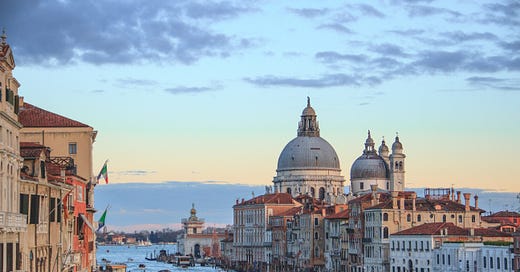



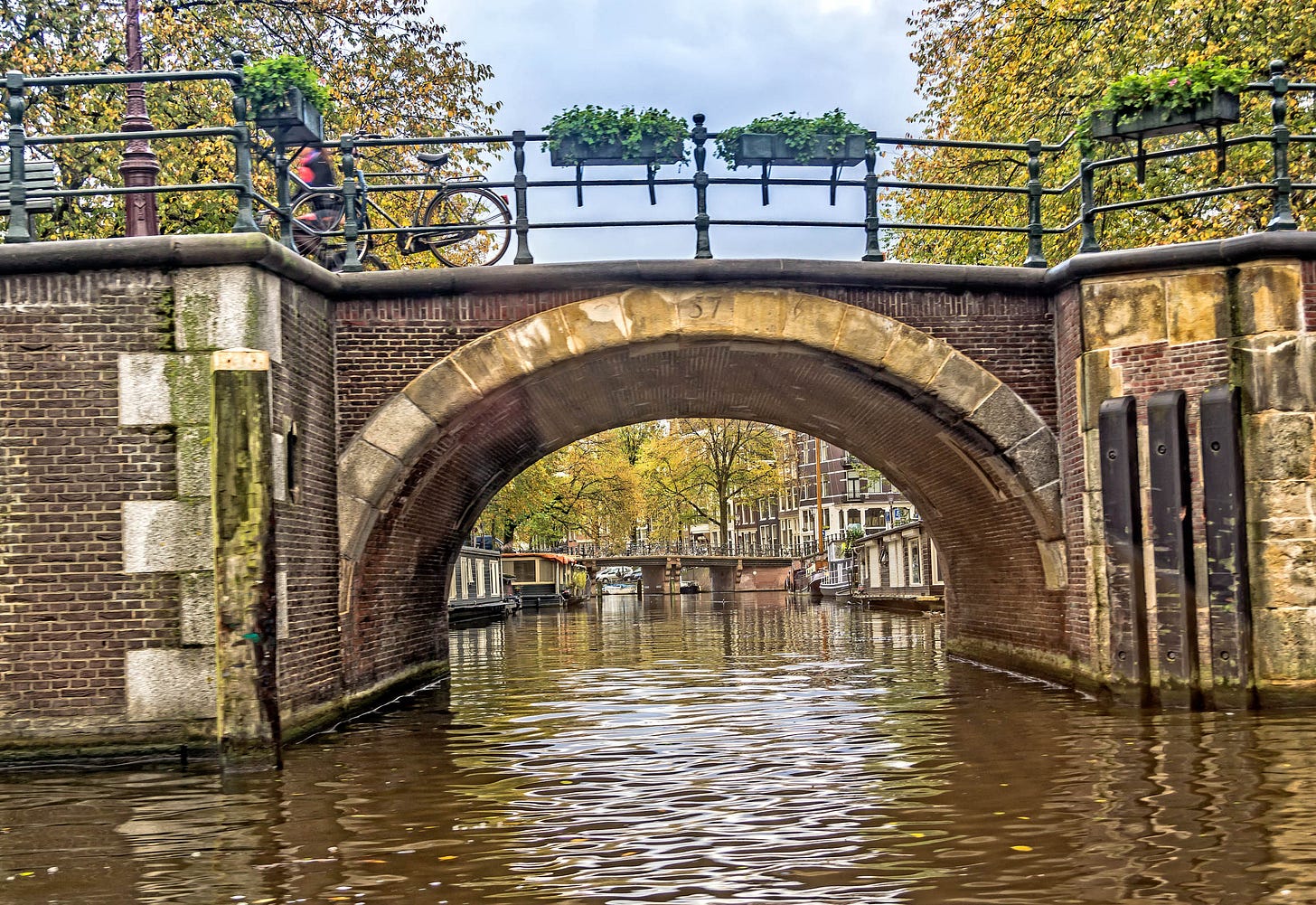


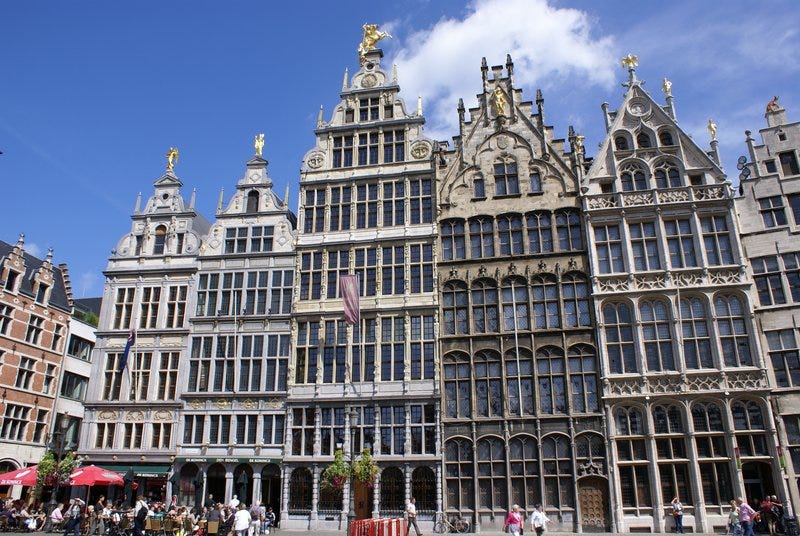
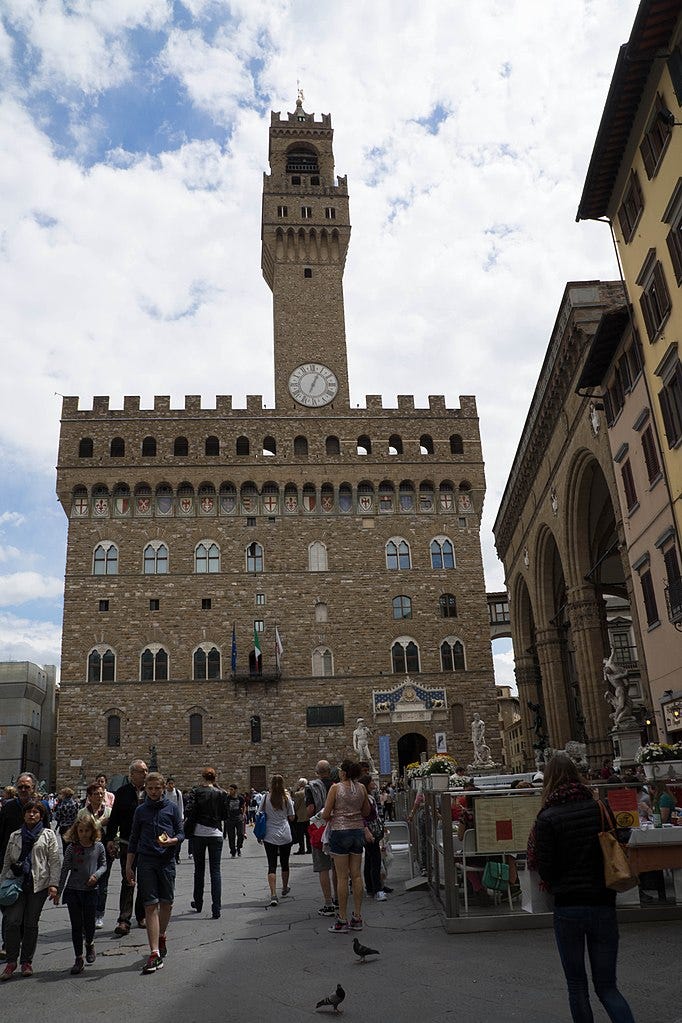
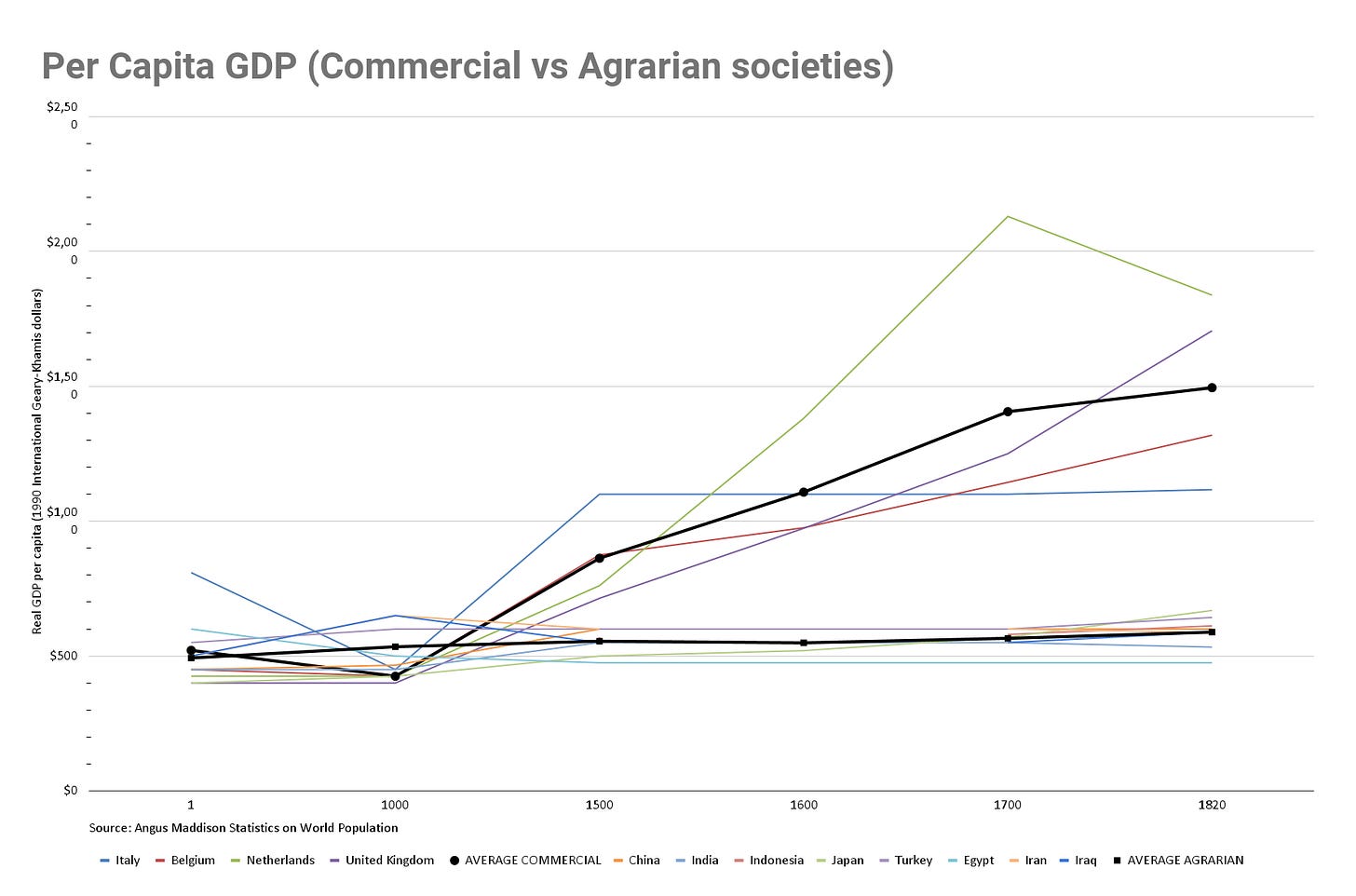
I am rereading some of your older stuff, and wanted to say that these posts on commercial societies are outstanding. You make a great case that the progressive, positive sum foundations for modern society (absent fossil fuels) were laid with commercial societies.
You fail to mention the Hanseatic League and the role of shipbuilding and maritime trade.